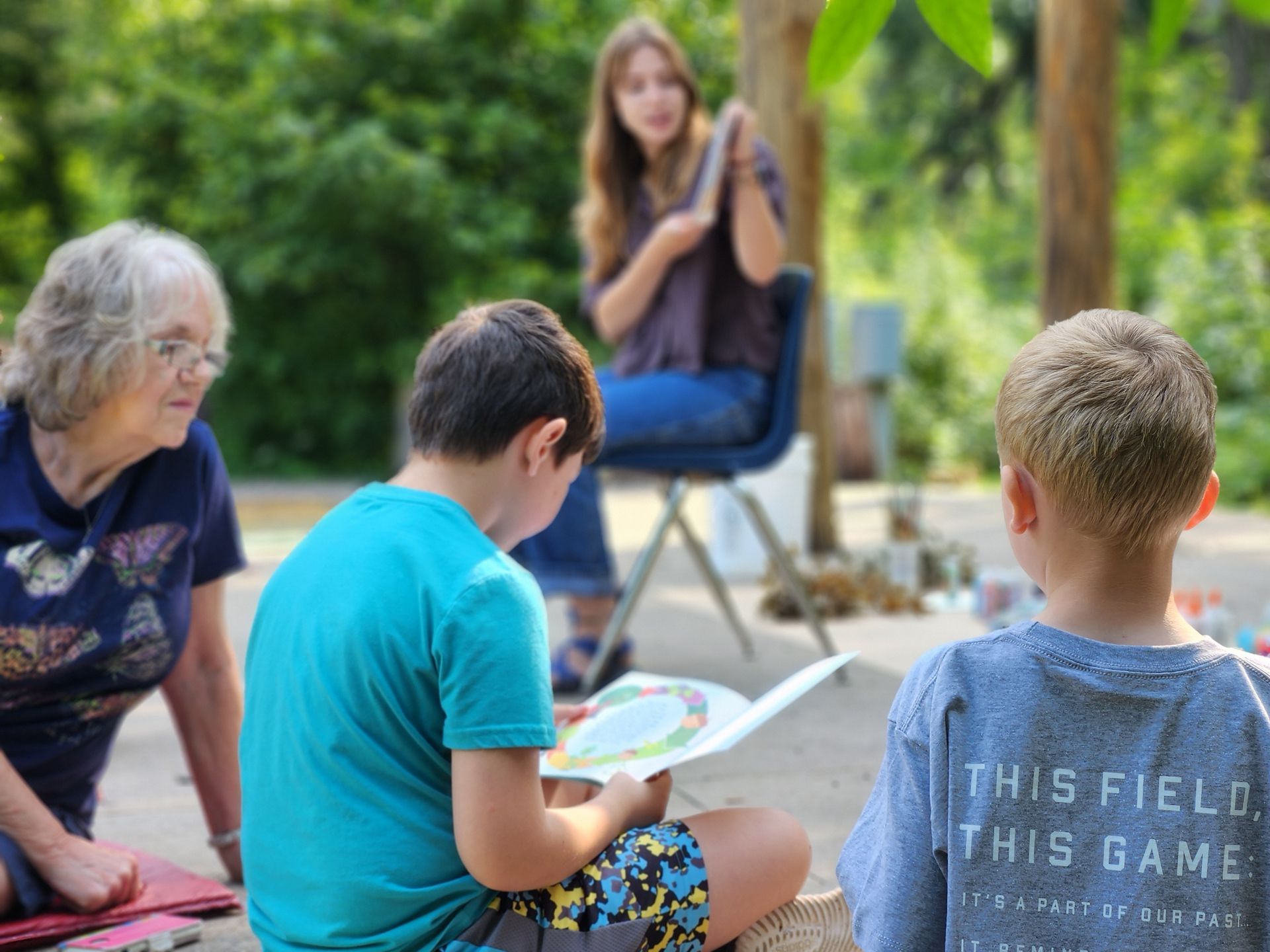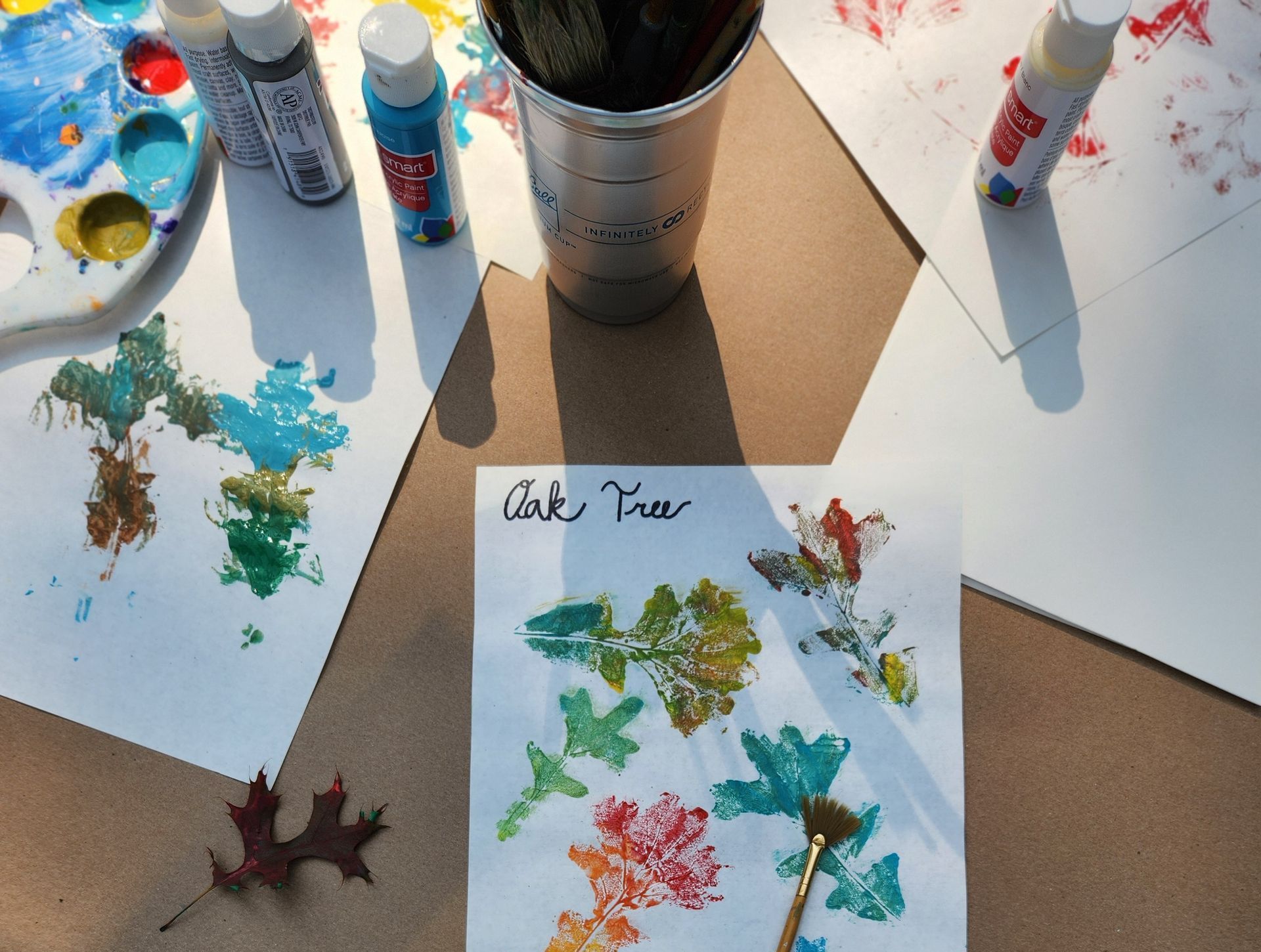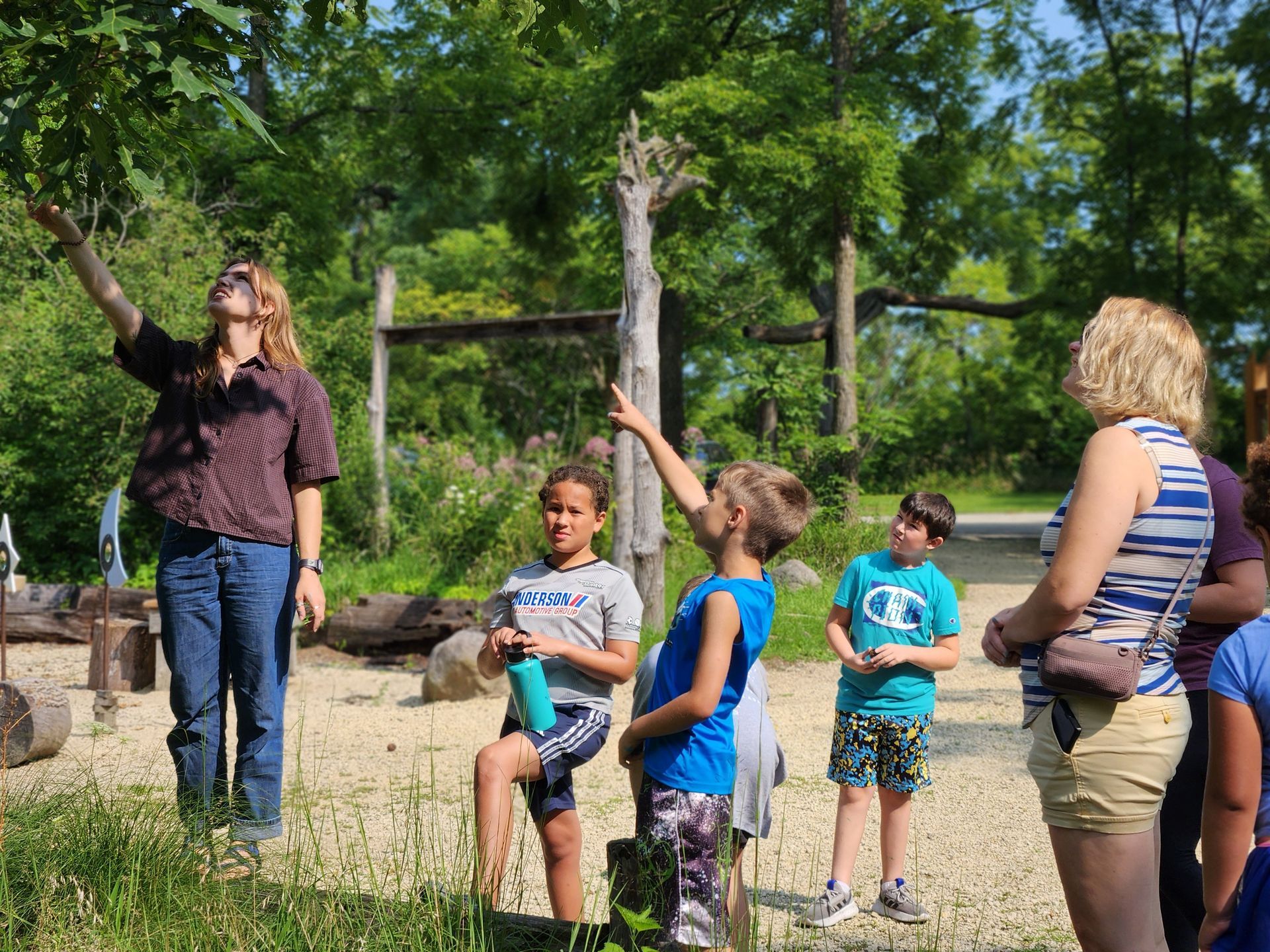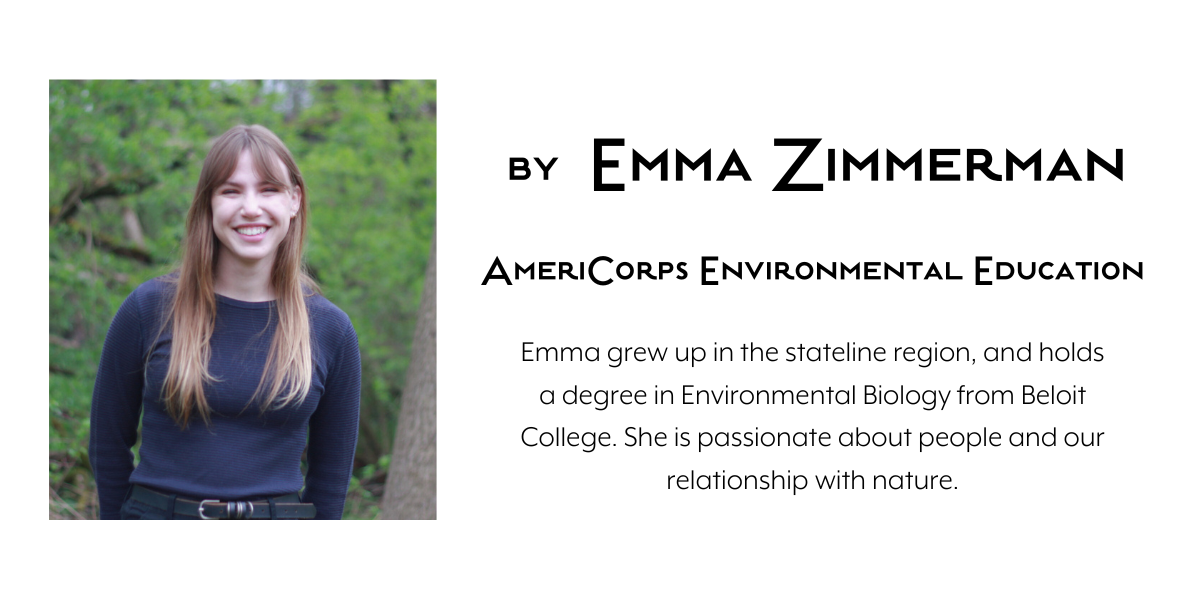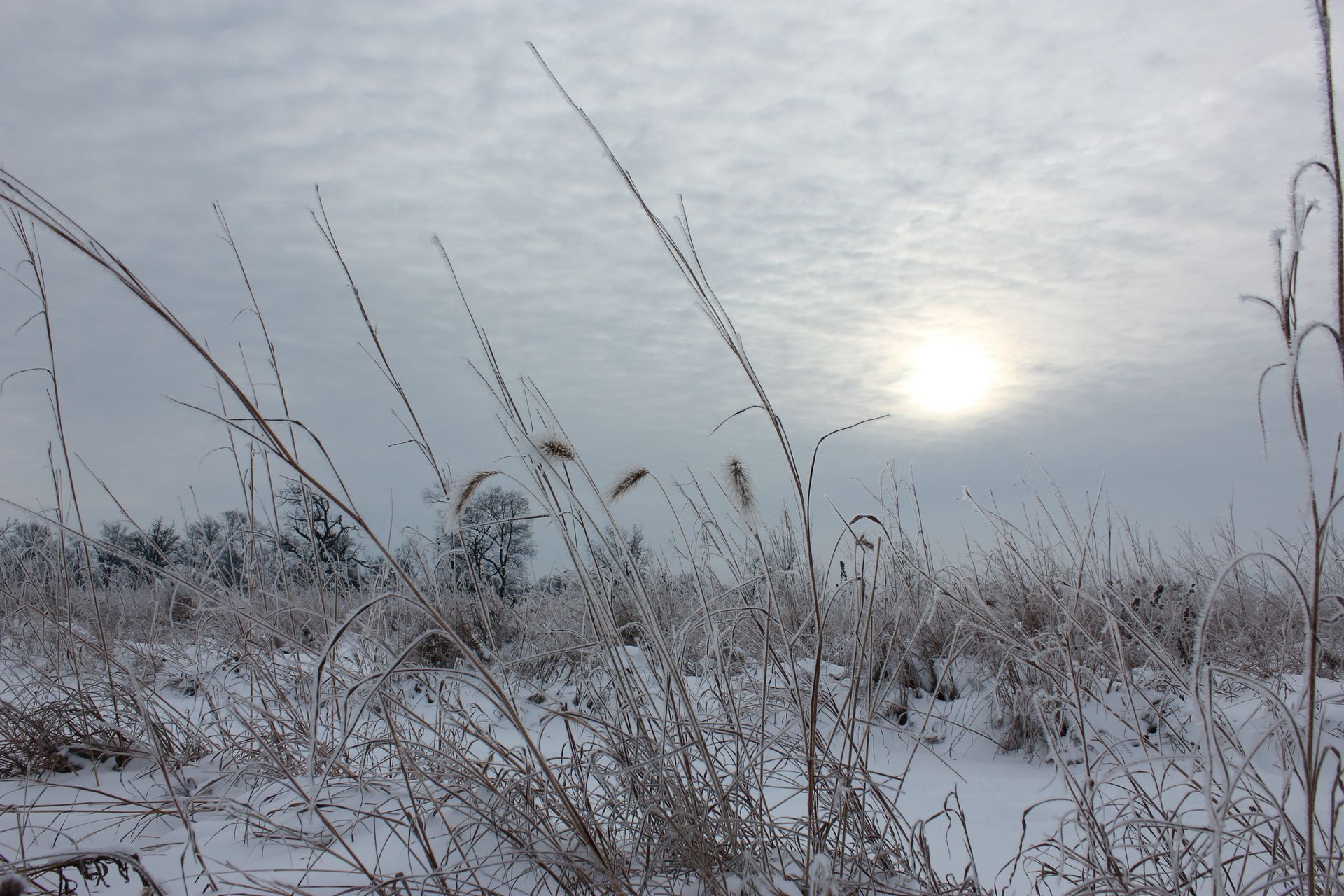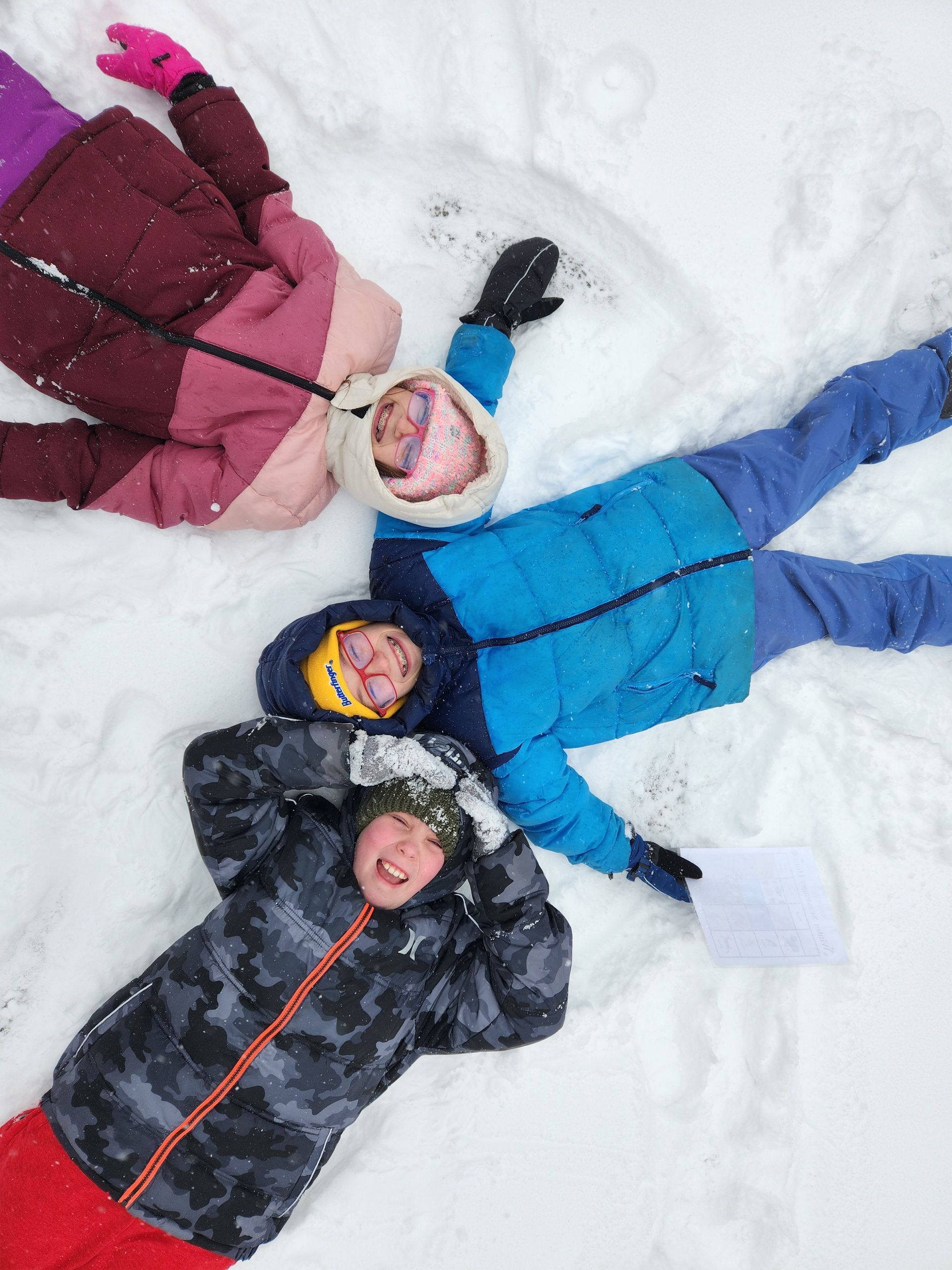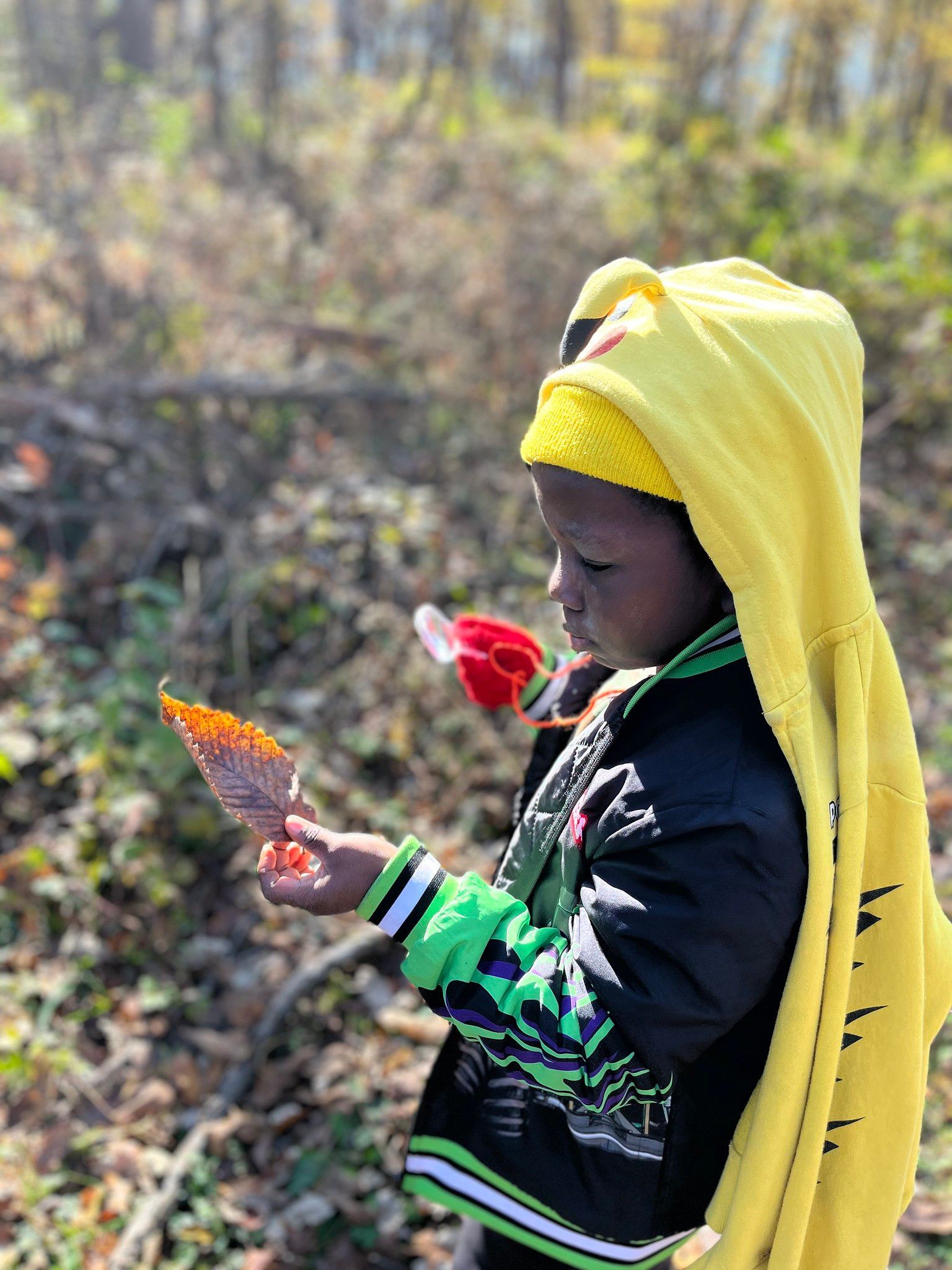At Severson Dells Nature Center, the core of our mission is to connect people with nature. This summer we were able to do just that through our Readings from the Rookery program, which brought the wonders of the natural world to life for children and their families through interactive read-aloud sessions. This unique program introduced children to STEM concepts through engaging themes of nature and ecology. We are incredibly grateful to our friends at United Way, whose United for Literacy program has made this initiative possible. Dedicated to increasing literacy in the Rock River Valley, their support has enabled us to host four free Readings from the Rookery sessions this summer. Through their generosity, we have been able to provide an enriching educational experience that bridges literacy and nature, connecting people of all ages with the great outdoors.
Blog Layout
Our Mission: To link people to nature through education and research, in the northern Illinois and southern Wisconsin area. We promote awareness of the natural world, fostering respect, enjoyment, and preservation now and in the future.
Contact us
8786 Montague Rd.
Rockford, IL 61102
Business Hours
- Mon - Sat
- -
- Sunday
- Closed
The Grove Nature Playscape and the trails
are open from sunrise to sunset.
Website Navigation
DONATE
Business Sponsors

Slide title
Write your caption hereButton
Slide title
Write your caption hereButton
Slide title
Write your caption hereButton
Slide title
Write your caption hereButton
Slide title
Write your caption hereButton
Slide title
Write your caption hereButton
Slide title
Write your caption hereButton
Slide title
Write your caption hereButton
Slide title
Write your caption hereButton
Slide title
Write your caption hereButton
Slide title
Write your caption hereButton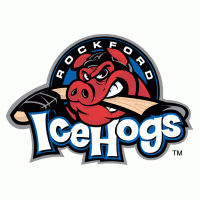
Slide title
Write your caption hereButton
Slide title
Write your caption hereButton
Slide title
Write your caption hereButton
Slide title
Write your caption hereButton
Slide title
Write your caption hereButton
Slide title
Write your caption hereButton
Slide title
Write your caption hereButton
Slide title
Write your caption hereButton
Slide title
Write your caption hereButton
Slide title
Write your caption hereButton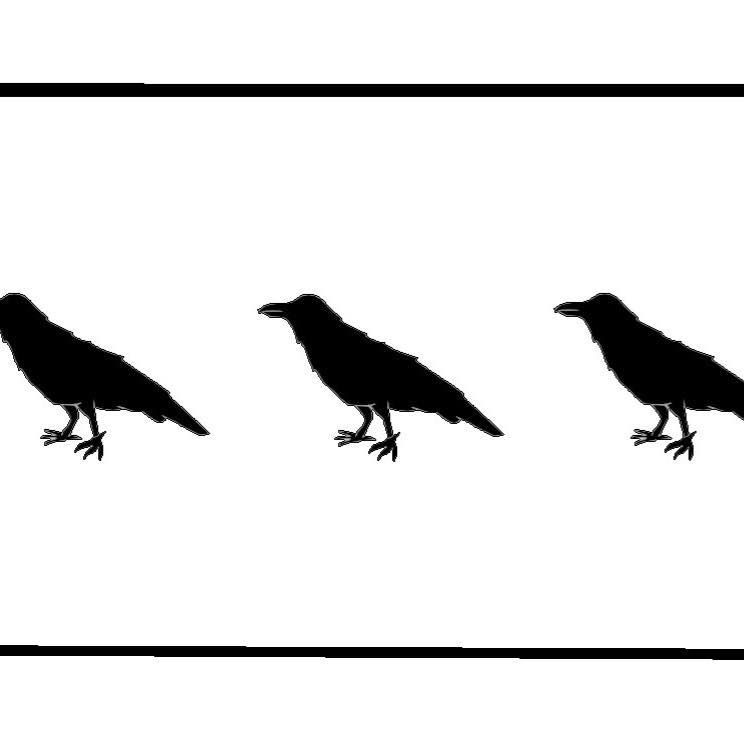
Slide title
Write your caption hereButton
Slide title
Write your caption hereButton
Slide title
Write your caption hereButton
Slide title
Write your caption hereButton
Slide title
Write your caption hereButton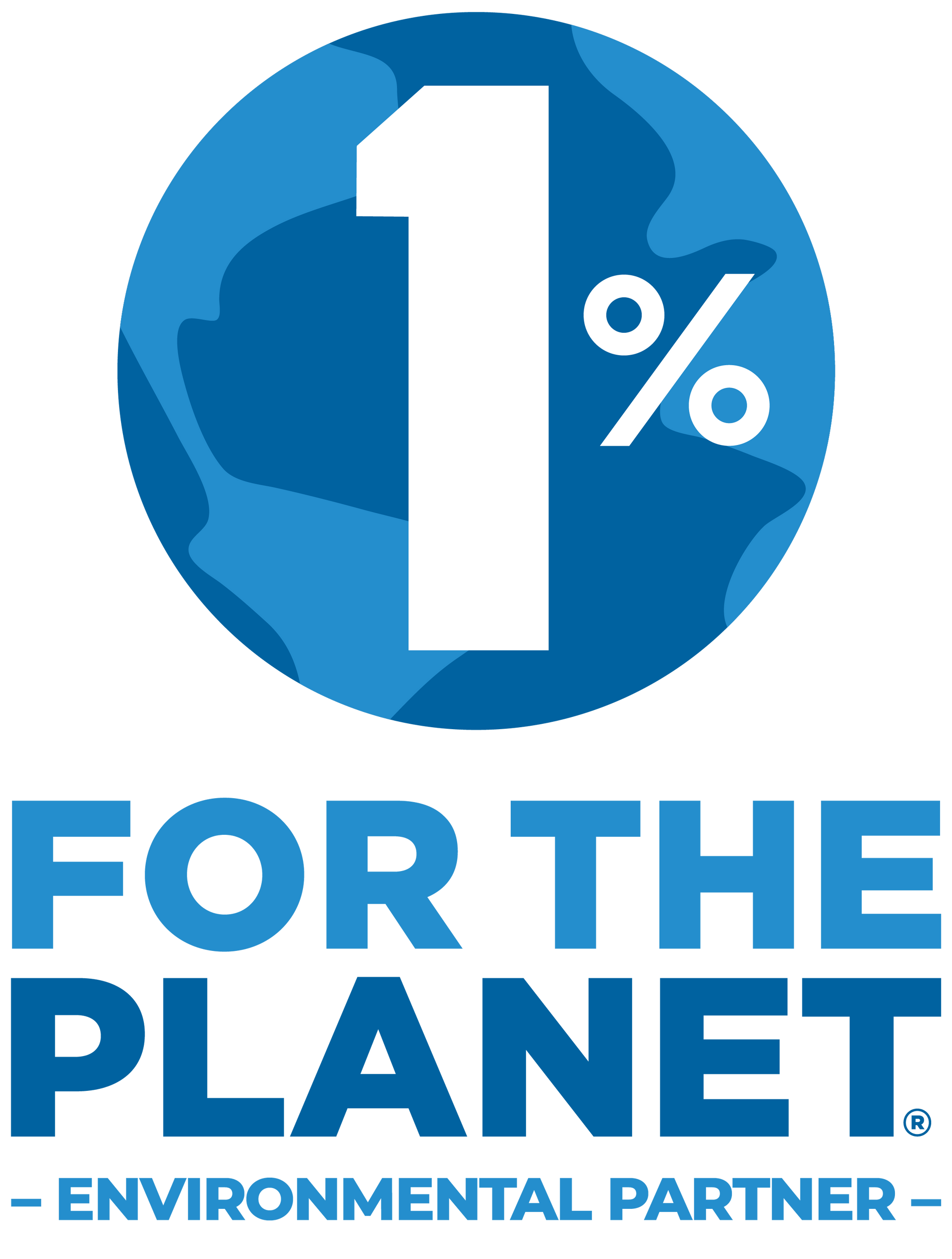
Slide title
Write your caption hereButton
©2025 | All Rights Reserved | Severson Dells Nature Center
Website powered by Neon One

